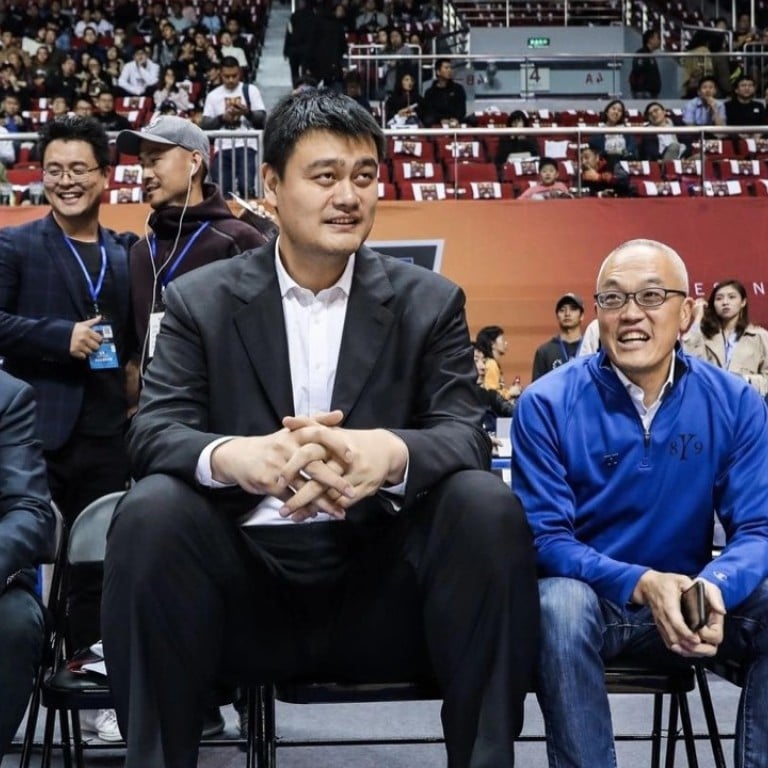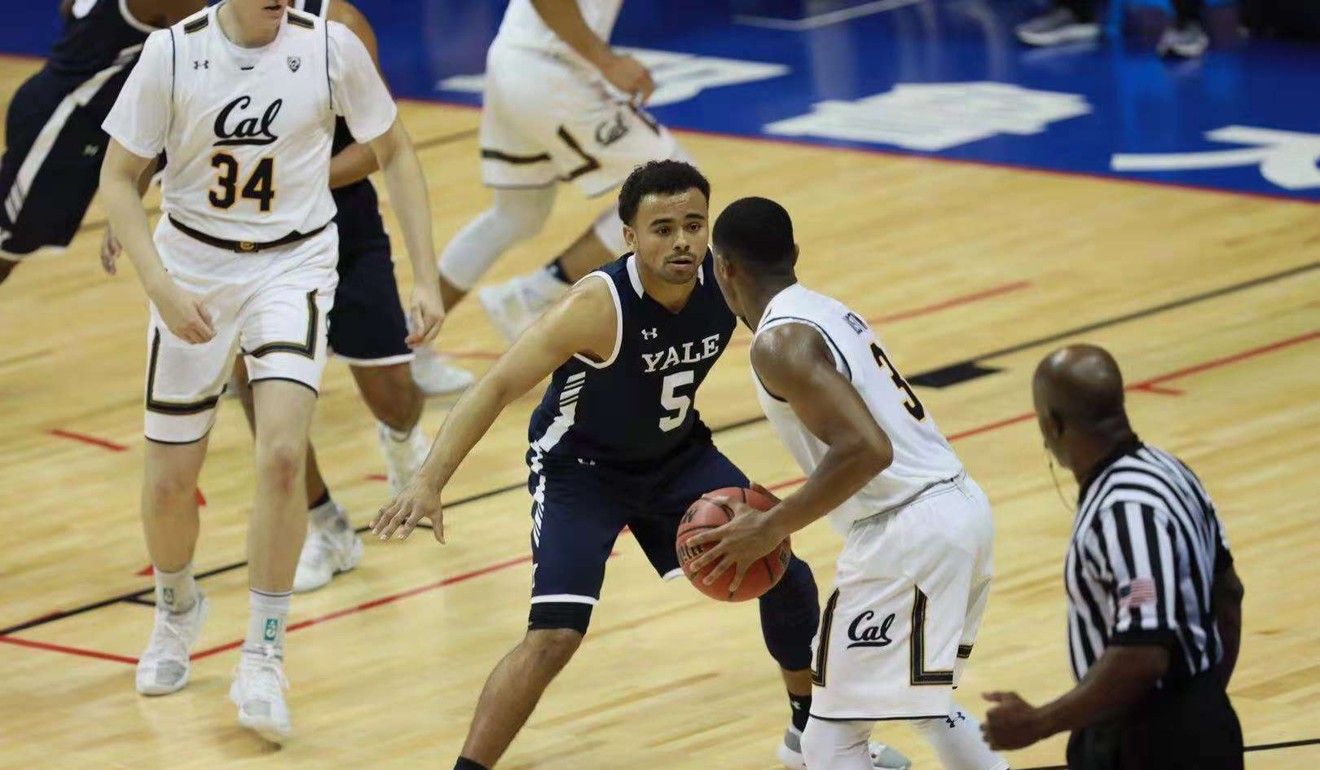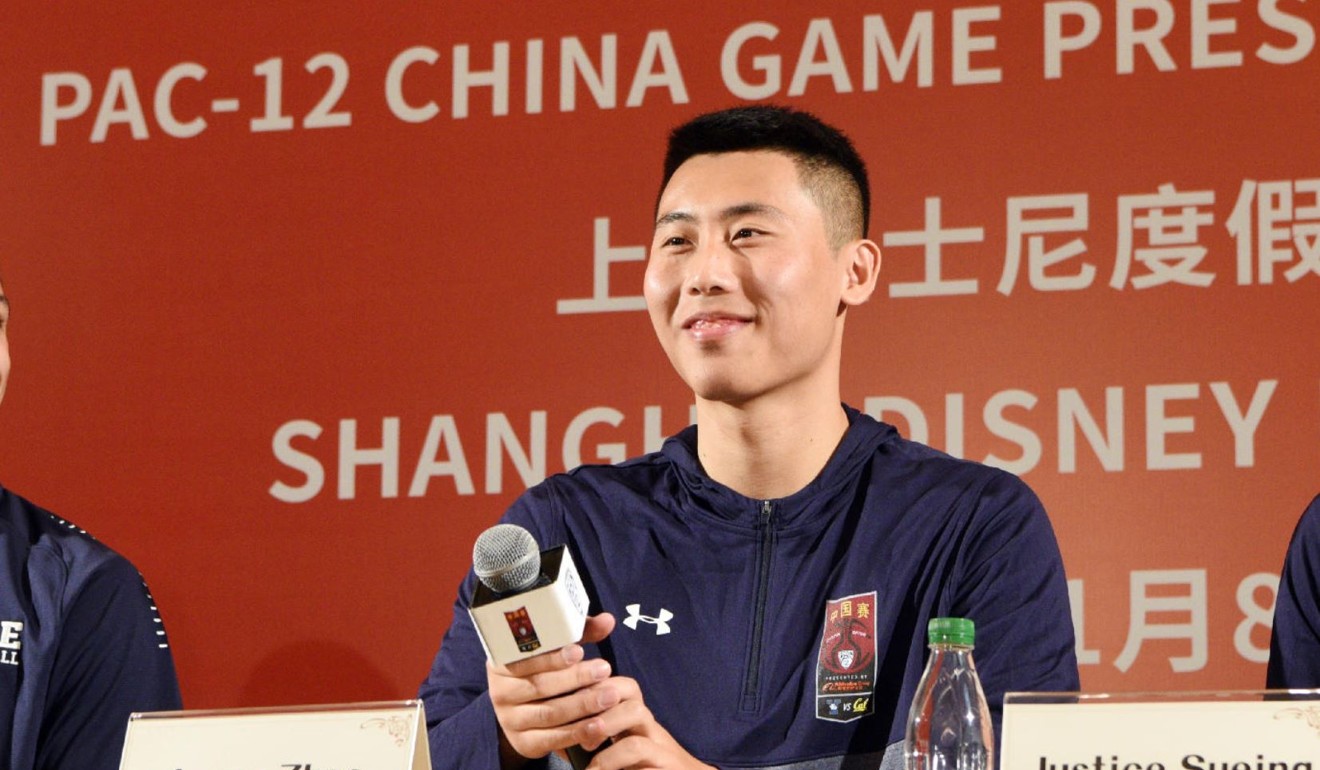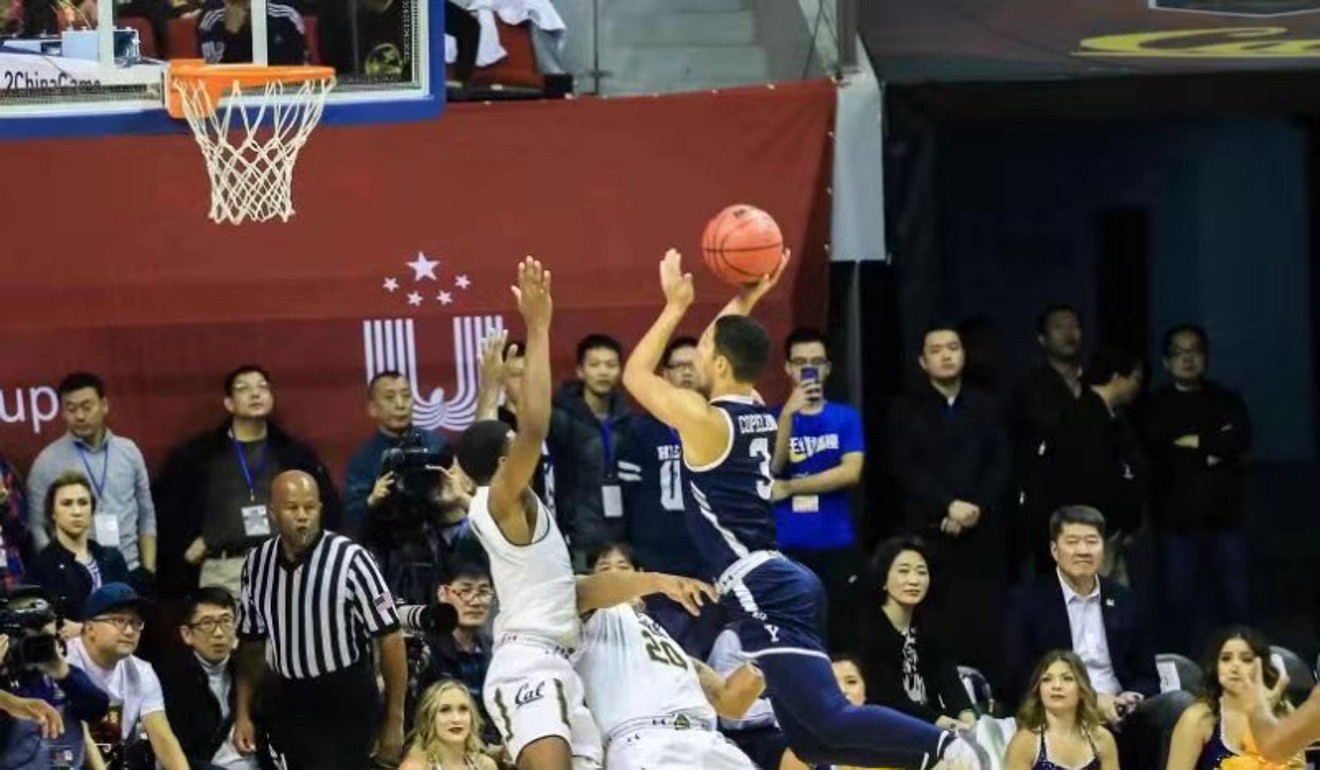
China must help Yao Ming realise his dream of building ‘student-athletes’ like the US
- There are an estimated 20 million university students in China but most have to make tough choice if they want to pursue sports over studies
- Similar number in US colleges where sport feeds NBA and NFL
The life of many young people in China is akin to a Choose Your Own Adventure book. Divergent paths lay ahead of them, especially those who show aptitude in both school and sport. Turn to page 61: pursue a career in academia. Turn to page 9: drop your studies and focus on sport.
There are estimated to be in the region of 20 million university students in the country. To put that number in perspective, that’s bigger than the population of more than 100 sovereign countries. It’s a number that makes the sporting achievement of China’s students all the poorer.
The choice between sport and studies is partly a legacy of the state-sponsored sporting system that hothoused young talent from as soon as they could be earmarked for a particular sport. In fairness, it’s a system that has brought China more gold than Midas at the Olympics
But it’s a system that is outmoded. China’s burgeoning middle classes have grown up not really having to make such choices. Extracurricular activities have become increasingly important, if not quite equal to scholastic achievement, and sport is chief among them as the country battles childhood obesity and looks to achieve Xi Jinping’s World Cup dreams.

The projected number of students in US colleges for this year was similar to China, 19.9 million according to the National Centre for Education Statistics, but there is a vast difference. Many of those enrolled will be student athletes, populating the teams in the 23 sports that are organised by the National Collegiate Athletic Association (NCAA).
There are half a million student athletes across sports such as football, American football and the flagship basketball programme where the NCAA generates most of its billion dollar revenue. College sports in the United States is a big business. The last TV deal for the NCAA, re-upped in 2016, was worth billions of dollars and the same again is gambled every year on March Madness, the culmination of the men’s college basketball season.
The NCAA is where the NBA finds the vast majority of its players but for the handful from overseas leagues or who enter the league direct from high school. It is the same for the NFL. Not all of the student athletes go on to professional careers in sports, of course, but it is the path that most of those who do start on. Contrast that to China where the choice is between student or athlete if there is indeed a choice.

James Zhao, who went from Beijing’s Dulwich College to the University of California Berkeley, did not have to make that choice, but he is an exception. “The difference for me is in the US, sports and education is together,” he said when in Shanghai recently for his basketball team’s game against Yale. “In China it’s separate. You want to pursue sports, you do sports. You want to pursue studies, you stay in education.”
That is set to change in the coming years. Ali Sports, the sporting concern of e-commerce giant Ali Baba, is trying to bring Chinese university sport into the 21st century. For years university sport has been as one might expect. Extant but overlooked, not a priority for anyone but the bureaucrats overseeing it and entirely unimportant in the grander scheme of things.
The company has allied with the Federation of University Sport of China, the country’s equivalent of the NCAA. This year Ali Sports has taken over the running of the Chinese University basketball league, the league’s 21st year. They want to professionalize the delivery of the sport and they have friends in high places.

Former NBA All-Star Yao Ming is involved and he wants to “build student-athletes in China” according to Zhao. Yao never went to college until he’d finished his NBA career, only recently graduating from Shanghai’s Jiaotong University. It took him seven years but it fulfilled a promise he had made to his parents when he was 17.
That the multimillionaire conservationist, charity head and boss of the Chinese Basketball Association felt obliged to do that goes some way to highlight the importance placed on education in China. That’s why it makes sense for Chinese sport to try to replicate the system in the States.
The countries might be at odds but there is a lot of common ground, especially when it comes to alumni culture. That was in evidence with the number of local Yale and Cal Berkeley fans in Shanghai’s Baoshan Stadium earlier this month. Chinese students are an increasing student population at US colleges, so why not Chinese student athletes? And if not in the US then certainly at home.
For China, there are lessons to be learned from the US when it comes to student sport.

